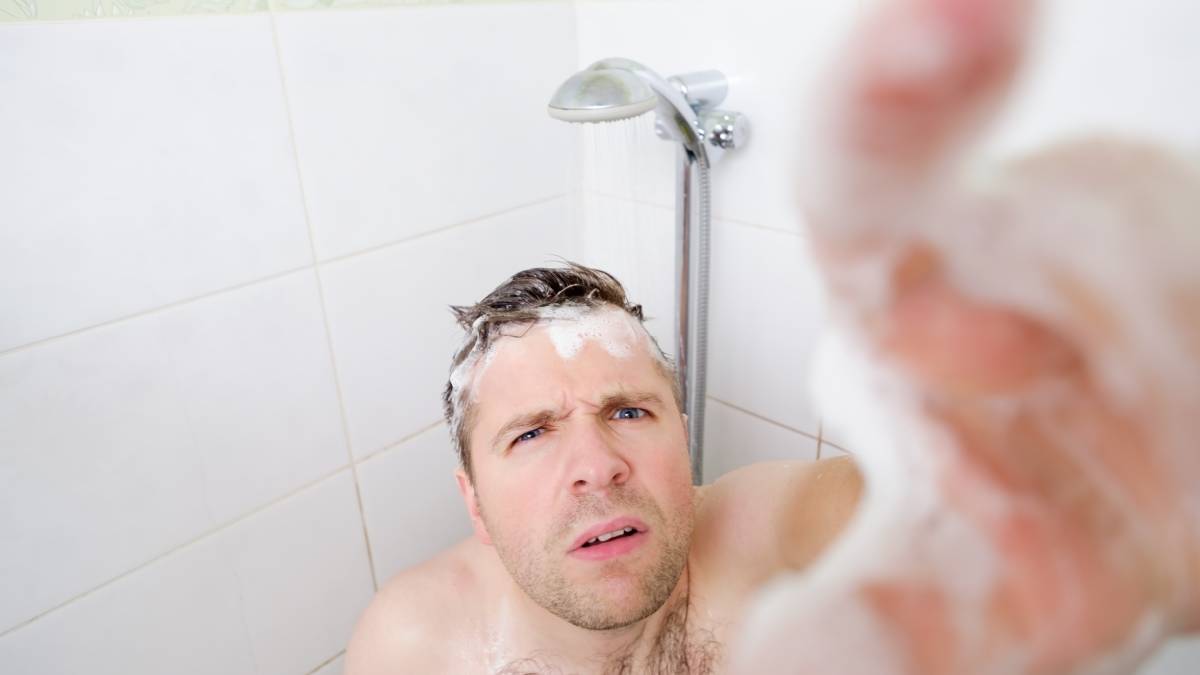Holiday rentals have been attracting some bad press lately.
They are being blamed for contributing to the housing crisis as well as driving locals out of tourist areas.
Now we can add invading privacy to that list.
Shockingly, a recent survey in the US found about 25 per cent of people who swept a holiday rental for cameras found at least one.
It’s probably less in Australia, but it’s not unknown. A backpacker was charged in 2019 after hiding a camera in a toiletry bag and filming female guests. In the same year, a Sydney landlord was jailed after using hidden cameras to spy on tenants.
Dr Bruce Baer Arnold, an assistant law professor at the University of Canberra, told Primer that instances of covert filming are almost certainly under-reported by the public, and claimed the law was struggling to keep up with new, sophisticated devices.
“The law is inadequate and there are bizarre inconsistencies between states and territories,” he says.
“We have a patchwork of law, and it’s looking increasingly moth-eaten.”
Popular plans right now
AirBnB rules
It doesn’t help that technology means cameras can be installed in almost everything including alarm clocks, car keys, iphone cables, ceilings and bookshelves.
In Australia, AirBnB has rules about where you can install security cameras in rental properties.
According to their policy, cameras and recording are permissible inside and outside the property but they must be clearly disclosed to guests at the time of booking, even if they are not hooked up. The exception to the rule is that they are not allowed in ‘personal’ spaces such as bedrooms, bathrooms and sleeping areas.
AirBnB is strict about what it considers a recording device as well. That includes computers and phones. The reverse also applies, guests are banned from recording hosts.
At a federal level, you must be informed your image may be captured, and any recorded personal information must be destroyed when it is no longer needed.
There are also additional individual state and territory laws which can be clarified by visiting the attorney general department for your area.
So if you suspect there is a hidden camera, or even just want to sweep the property to be sure, what should you do?
Out of place
Well, first look for things that are out of place such as a table lamp in a bathroom or a digital alarm clock in the toilet. Remove them from the space if you feel unsure.
Next, check out the wifi and look at what is connected to the network. A New Zealand family in Ireland found ‘IP camera’ listed on their AirBnB property wifi and found an undisclosed camera in the fire alarm. It helped that the dad was an IT consultant, but at the same time listing the camera on the wifi connections seems like a rookie error.
LifeHacker recommends you should:
- use a flashlight with the lights off to look for reflections off camera lenses
- peer into vents, covers and other openings in the wall where a small camera could be hidden
- unscrew and inspect smoke alarms and other wall or ceiling-mounted appliances
- use network-scanning apps such as Fing to look for connected devices on the wifi.
Turn off all the lights, and using the front-facing camera on your smartphone slowly sweep across the room paying particular attention to places where cameras might be. If you see a pair of purple dots on any object, that’s an LED camera. Your back-facing camera won’t work because it uses a different filter.
If a cable looks a little dodgy – for example, a stray one in a jumble of cables – follow and check out where it leads. If it’s not plugged into anything other than a power source, unplug it and put it in an enclosed space such as a cupboard or drawer.
Trusts your instincts
Counter-espionage specialist Julian Claxton told the ABC that people should trust their instincts.
“The reality is, that’s how a lot of these cameras can be found — through anomalies. Things that just don’t look right within an environment,” he said.
“For example, if you see a smoke detector on the ceiling, and you see another one just a metre away, you have to think to yourself, why would there be two smoke detectors? And maybe take a closer look.”
Have you ever felt the need to check for hidden cameras at your accommodation? What was the result? Why not share your experience in the comments section below?
Also read: New rules for Australian tourists in Bali

